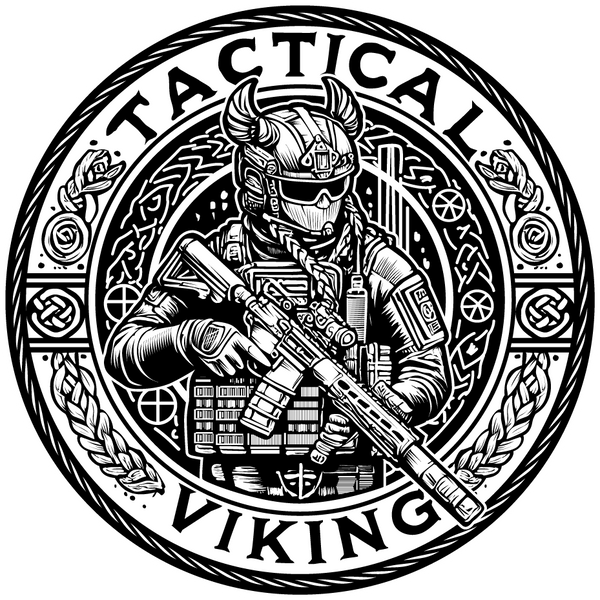
Bjorn Ironside: The Viking Warrior King Who Conquered Europe
Share
Bjorn Ironside: The Viking Warrior King Who Conquered Europe
In the annals of Norse history, few figures stand as tall as Bjorn Ironside, a name that resonates with valor, conquest, and leadership. As a Viking warrior king, his exploits across Europe not only expanded the reach of the Norsemen but also cemented his legacy as a paragon of military strategy and indomitable spirit.
The Origins of a Viking Warrior King
Bjorn Ironside, believed to be the son of the legendary Ragnar Lothbrok, emerged in the 9th century as a formidable force in Viking history. While the sagas blend myth and reality, historical accounts confirm his presence in significant military campaigns, particularly in West Francia and the Mediterranean.
His moniker, "Ironside," is attributed to his reputed invincibility in battle, symbolizing his resilience and martial prowess. This epithet reflects the high esteem in which he was held by his contemporaries and the fear he instilled in his adversaries.
Campaigns in West Francia
In 855 AD, Bjorn Ironside led a Viking fleet up the Seine River, launching raids deep into the heart of West Francia. His forces established a stronghold on the island of Oissel, from which they conducted operations, including the notable siege of Paris in 856–857.
Despite facing resistance from King Charles the Bald, Bjorn's strategic acumen allowed him to maintain a foothold in the region. His ability to negotiate, as seen in his temporary swearing of fealty to Charles in 858, showcases a leader adept in both warfare and diplomacy.
The Mediterranean Expedition
Bjorn Ironside's most audacious endeavor was his expedition into the Mediterranean between 859 and 861 AD. Alongside fellow Viking chieftain Hastein, he led a fleet through the Strait of Gibraltar, conducting raids along the coasts of Spain, France, and Italy.
One of the most legendary episodes from this campaign is the attack on the city of Luna, which the Vikings mistakenly believed to be Rome. Employing cunning tactics, they feigned the death of Hastein to gain entry into the city, only to launch a surprise attack once inside.
Leadership and Legacy
Bjorn Ironside's leadership extended beyond the battlefield. He is credited with founding the Munsö dynasty in Sweden, ruling from Uppsala, and establishing a lineage that would influence Scandinavian politics for generations.
His burial site is traditionally believed to be on the island of Munsö in Lake Mälaren, Sweden, marked by a significant burial mound known as Björn Järnsidas hög.
Bjorn Ironside in Modern Culture
The legacy of Bjorn Ironside endures in modern times, notably through his portrayal in the television series "Vikings," where he is depicted as a central character navigating the complexities of leadership and warfare.
This contemporary representation, while dramatized, underscores the enduring fascination with Viking history and the archetype of the warrior king.
Conclusion
Bjorn Ironside's life epitomizes the Viking spirit of exploration, conquest, and resilience. His military campaigns across Europe and the Mediterranean showcase a leader of exceptional strategic insight and unyielding determination. For modern military enthusiasts and patriots, his story serves as a testament to the enduring principles of leadership, courage, and tactical brilliance.
